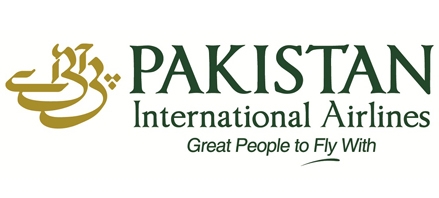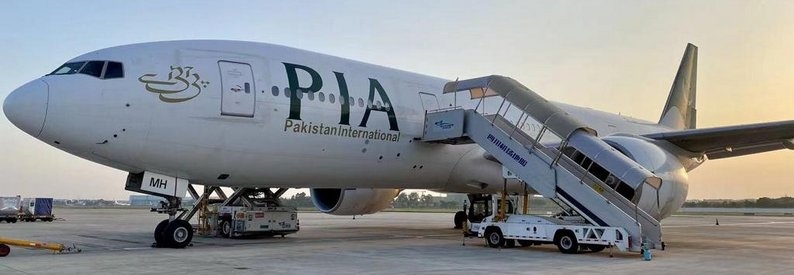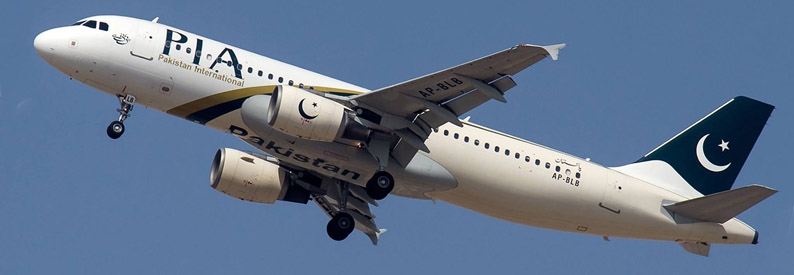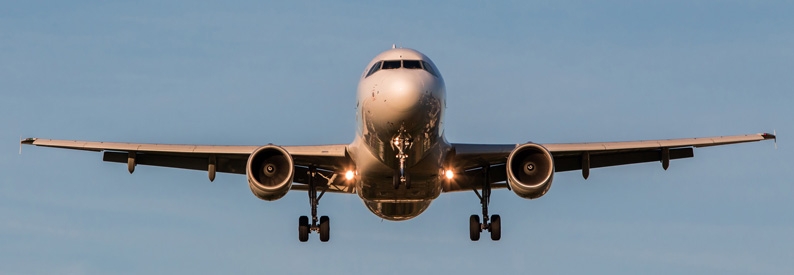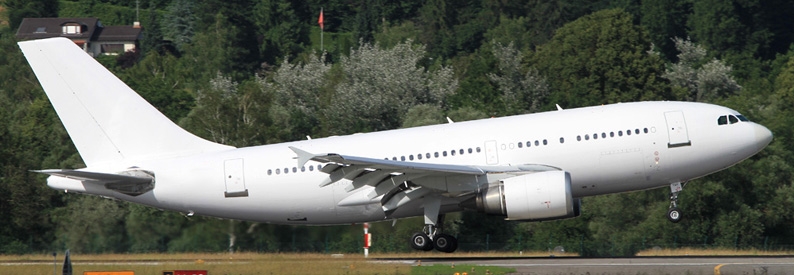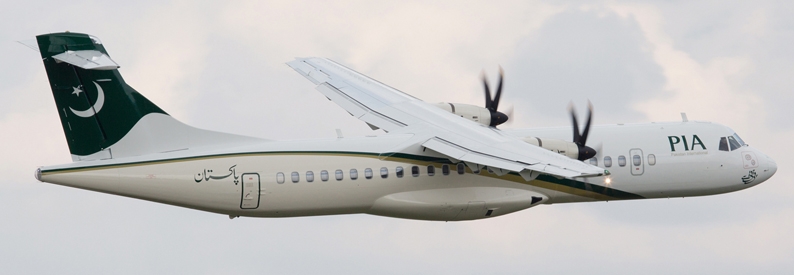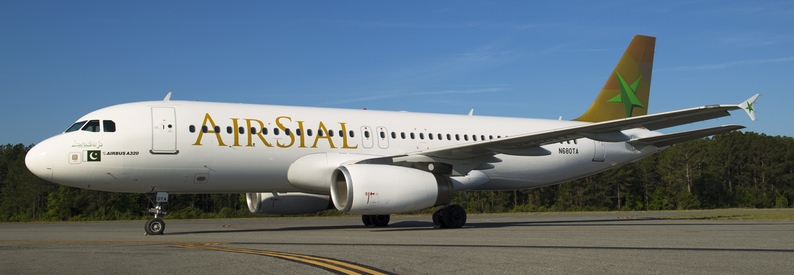Pakistan's Economic Coordination Committee (ECC) has reportedly approved bridging finance of PKR8 billion Pakistani rupees (USD28.9 million) for PIA - Pakistan International Airlines (PK, Islamabad International) to payout Asia Aviation Capital Limited (AACL) and draw a line under a long-running dispute concerning two A320-200s grounded at Jakarta Soekarno-Hatta since September 2021.
"The ECC decided to approve the proposal of (the) aviation division for bridge financing through the Civil Aviation Authority's resources amounting to PKR8 billion for PIA to meet emergent requirements related to overdue payments," a Ministry of Finance statement issued after an October 27, 2023, meeting on the matter reads.
ch-aviation has recently reported that AACL was seeking over USD31 million from PIA in unpaid basic rent, redelivery rent, maintenance reserves, and contractual interest, connected with AP-BLY (msn 2926) and AP-BLZ (msn 2944). AACL is a wholly-owned subsidiary of Capital A, the entity behind the AirAsia Aviation Group. The dispute is now before the UK courts, and a delegation of PIA and Pakistani government officials, led by CEO Muhammad Amir Hayat, recently travelled to Malaysia to broker a settlement with AACL. Last week, a PIA spokesman told ch-aviation that the negotiations were in their "conclusive stages."
The deal sees PIA take ownership of the two aircraft. Upon receipt of payment, AACL will deliver the first aircraft within 10-15 days and the second in the following month.
Separately, a series of unpaid fuel invoices have seen state-owned Pakistan State Oil (PSO) take to social media to demand PIA pay the PKR26.8 billion (USD96.8 million) owed or risk further disruptions to fuel supply. In the past fortnight, approximately 500 scheduled flights have not operated because PSO has refused to supply fuel.
"PSO has been supporting the national flag carrier PIA for many years despite PIA being unable to meet its financial obligations to PSO persistently," the October 26 post reads. "The nonpayment of dues has put a considerable strain on PSO's finances, and the situation has now reached a critical point where the supply of fuel by PSO has to be curtailed and eventually halted. The decision to limit fuel supply is not taken lightly and is a result of PIA's continuous disregard for their financial commitments, which have now accumulated to an alarming PKR 26.8 billion. This significant outstanding amount severely hampers PSO's ability to carry out its operations effectively. We are hopeful that PIA will clear its dues to PSO, enabling us to resume uninterrupted supplies to the national flag carrier."
Last week, talks between PIA and PSO to extend the airline's credit limit appear to have borne some results. A PIA spokesperson told local outlets on October 29 that the fuel supplier had agreed to boost PIA's credit limit by PKR500 million (USD1.8 million), temporarily allowing scheduled flights to operate uninterrupted. PIA's monthly fuel bill is in the vicinity of PKR8.5 billion (USD30.7 million).
Pakistan's Caretaker Prime Minister, Anwaarul Haq Kaka, says the government will continue to provide PIA with support pending its partial privatisation. Last week, he ordered a four-member committee be established to help the airline navigate the privatisation process.
PIA enjoys the distinction of being Pakistan's biggest loss-making business. Its debts currently stand at PKR713 billion (USD2.56 billion), of which PKR285 billion (USD1.03 billion) is government-guaranteed debt. Without radical restructuring, the airline's losses and liabilities are expected to amount to PKR2 trillion (USD7.2 billion) by 2030.
After receiving PKR18 billion (USD65 million) in bank loans in September, which the government partially guaranteed, local media reports say the airline is now searching for a further PKR15 billion (USD54.2 million) to stay in the air. While the government is unlikely to cover further day-to-day funding needs, reports say it will provide guarantees, allowing PIA to secure bank financing and stay afloat until the proposed partial privatisation is complete and a new minority shareholder tips in capital and takes over the airline's operations.
- Type
- Base
- Aircraft
- Destinations
- Routes
- Daily Flights
